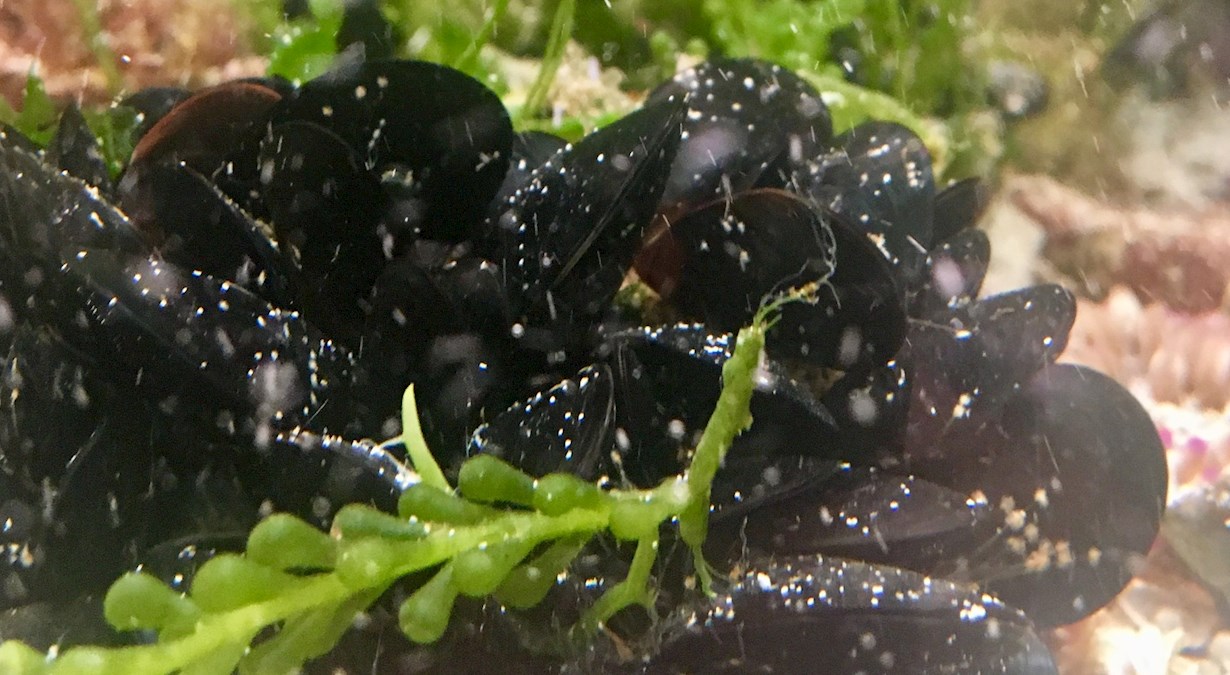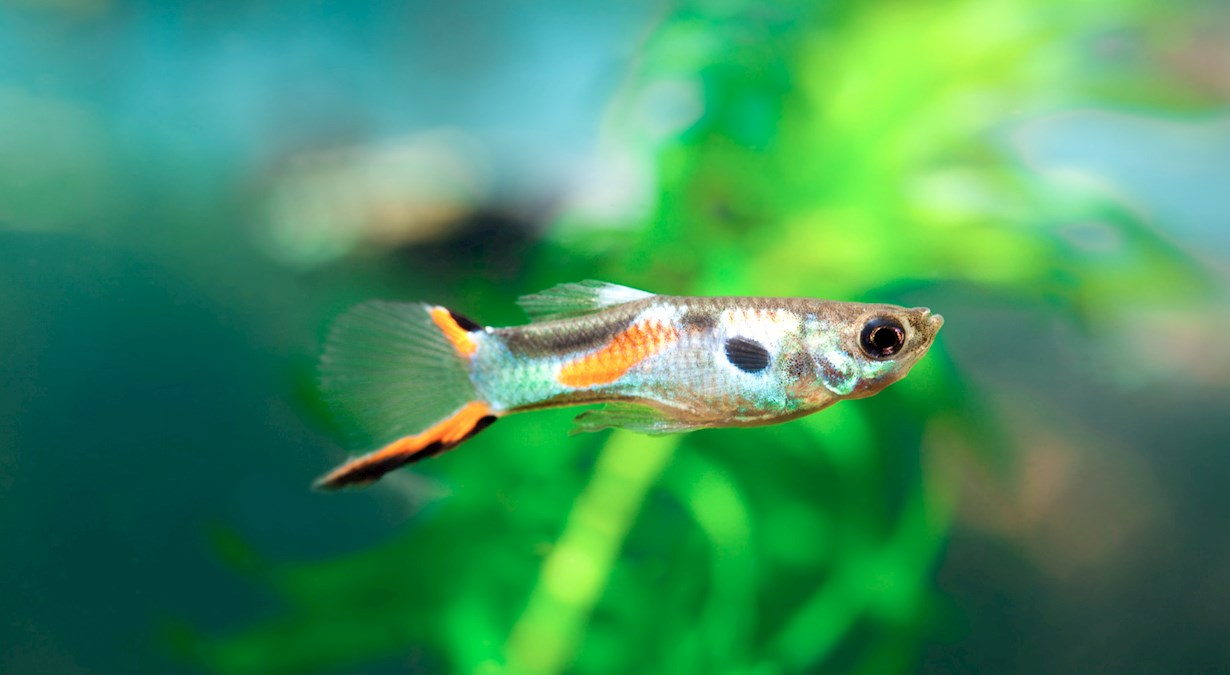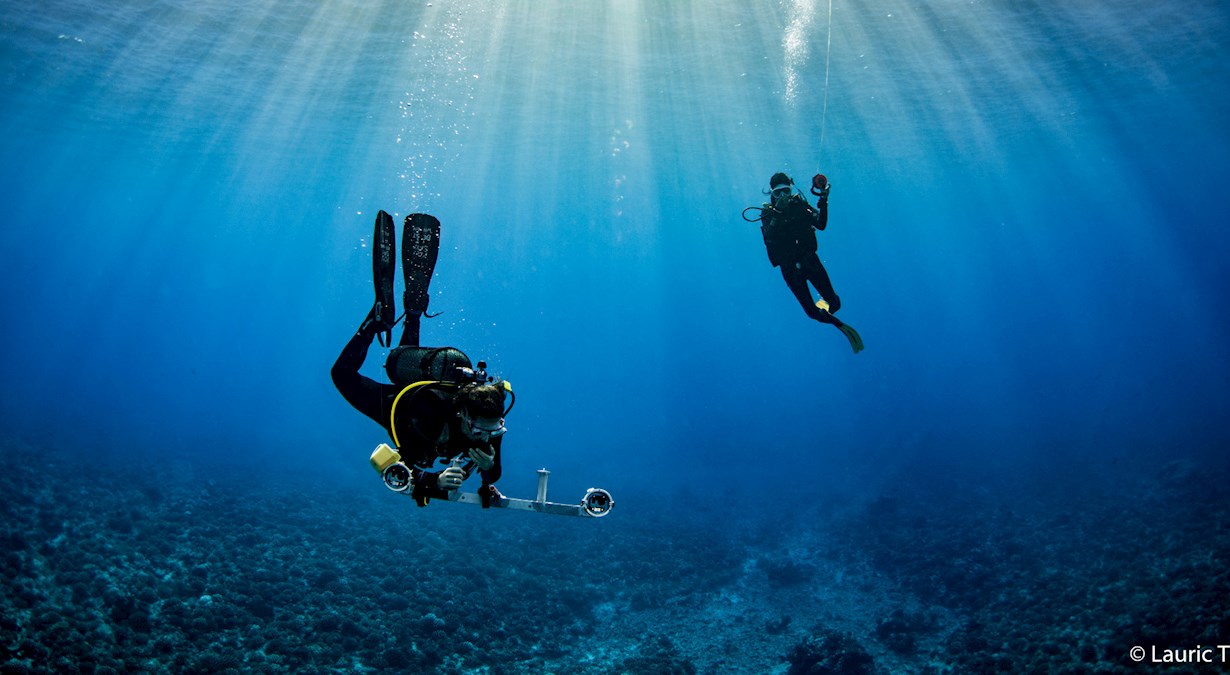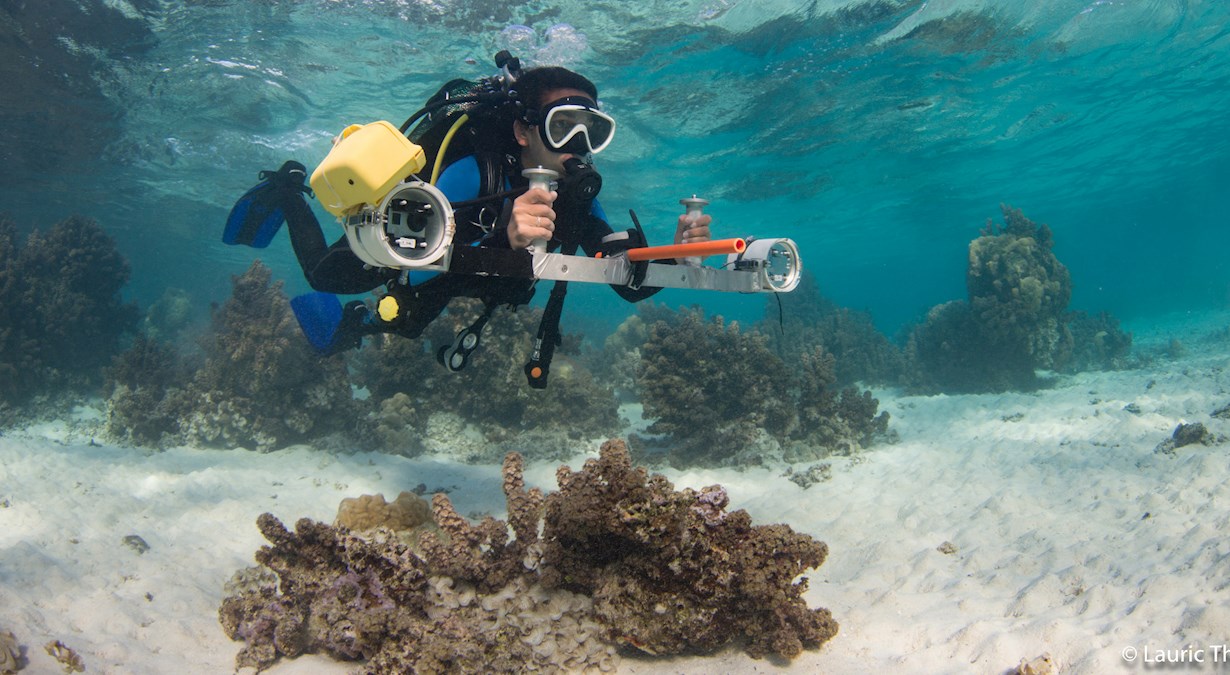
-
Highlights
-
Governance
-
Chancellor
-
Vice-Chancellor
-
Executive
-
History of the University
-
Schools
-
Campuses
-
Complaints
-
Official publications
-
Communications and marketing
-
Working at UWA
PROJECT
Social and economic valuation of no-take marine reserves
Demonstrating the cost-benefit of no-take marine reserves
Social and economic values are key drivers for marine science and marine policy but are too rarely integrated with marine biodiversity monitoring programs. The Marine Ecology Group – Fisheries research group has a broad mission to understand how marine ecosystems can be managed for the benefit of all, an important component of this is developing novel and sensitive metrics of the effects of fishing.
For more background information, see the suggested readings below.
This project will work with our national and international partners to:
- Establish national standards for social and economic valuation of no-take marine reserves.
- Use case studies to demonstrate change in social and economic metrics after the establishment of no-take marine reserves.
- Contribute to the future review and re-zoning of no-take marine reserves within Marine Parks.
- Suggested readings
-
Navarro, M., M. E. Kragt, A. Hailu, and T. J. Langlois. 2018. Recreational fishers’ support for no-take marine reserves is high and increases with reserve age. Marine Policy 96:44–52.
Mitchell, J. D., D. L. McLean, S. P. Collin, S. Taylor, G. Jackson, R. Fisher, and T. J. Langlois. 2018. Quantifying shark depredation in a recreational fishery in the Ningaloo Marine Park and Exmouth Gulf, Western Australia. Marine ecology progress series 587:141–157.
Research team leader: Dr Tim Langlois
I am a lecturer in marine ecology and statistics within the School of Biological Sciences and the UWA Oceans Institute. My own research included fisheries, marine conservation, spatial management and climate change impacts with a focus of providing information to improve the management of our coastal ecosystems. I have a large amount of experience with stereo-video methods for survey fish, sub-tidal surveys of lobster and invertebrates and building global data sets to enable synthesis.
How to apply
Interested in becoming part of this project? Complete the following steps to submit your expression of interest:
Step 1 - Check criteria
General UWA PhD entrance requirements can be found on the Future Students website.
Different marine park stakeholders will require different engagement and data collections processes. We initially identified seven core stakeholders groups for marine parks: recreational fishers, commercial fishers, non-fishing recreational users, fishing and non-fishing tourism operations, petrochemical and mineral industries and the general public.
Requirements specific to this project:
- Thorough knowledge of statistical software e.g. (R/Python) and modelling is important.
Step 2 - Submit enquiry to research team leader
The Marine Ecology Group – Fisheries research group has a broad range of interests. Prospective candidates should send a short CV with two referee contacts and cover letter, briefly outlining their motivations for pursuing the PhD project to Dr Tim Langlois.
Step 3 - Lodge application
After you have discussed your project with the research team leader, you should be in a position to proceed to the next step of the UWA application process: Lodge an application. Different application procedures apply to domestic and international students.
Scholarships
- Domestic students
-
All domestic students may apply for Research Training Program and University Postgraduate Awards (UPA) scholarships
- International students
-
A range of scholarships are available from international organisations and governments. The full list, organised by country, is available on the Future Students website.
In addition, all international students may apply for International Research Training Program scholarships.
- Indigenous students
- Indigenous students are encouraged to apply for Indigenous Postgraduate Research Supplementary Scholarships.
- Forrest Foundation scholarships
- All international and Australian students who wish to study towards the degree of Doctor of Philosophy (PhD) at The University of Western Australia may apply for Forrest Scholarships.








































